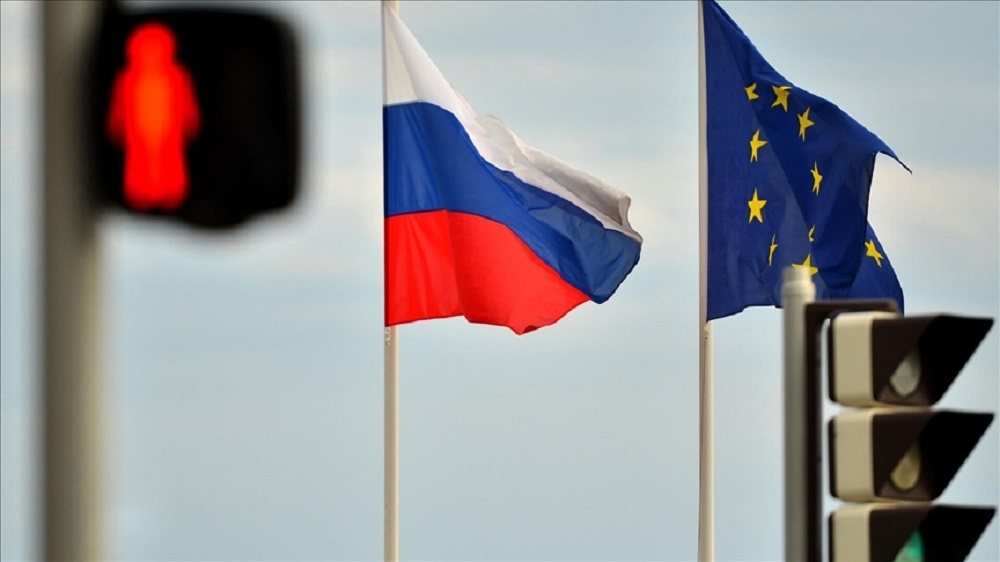Reparations as a part of the Armenia-Azerbaijan peace process: A view from Baku
Reparations as part of the peace process
Analysts from the Azerbaijani Center for South Caucasus studies view the negotiation process for a peace treaty between Azerbaijan and Armenia as a crucial aspect of the broader peace efforts.
They believe that for future relations to improve, the treaty must address various issues like unblocking communications, humanitarian concerns, and reparations. And these issues should be handled as separate processes, the analysts state.
- War in the South Caucasus: who is for, and who is against? A view from Baku
- “Two scenarios for the South Caucasus: peace or conflict?” View from Baku
- “I don’t expect an invasion, but strong pressure on Armenia” – Tom de Waal on Baku’s plans
- Signing of Armenia-Azerbaijan peace treaty is only theoretically possible
Below are the main arguments and conclusions of the Center for South Caucasus Studies (CSSC) regarding the peace process between Azerbaijan and Armenia:
“The dynamics of each aspect of Azerbaijan and Armenia’s relationship are shaped by the prevailing conditions at any given time.
● Some issues, like unblocking communications or establishing the Zangezur corridor, may be deferred for future resolution.
● Conversely, certain matters, such as amendments to Armenia’s legislation [to exclude territorial claims to Azerbaijan], may become prerequisites for a peace treaty.
The issue of reparations from Armenia has been relevant since the end of the war.
Azerbaijan conducted monitoring and assessment of the damage inflicted on the country [over the 30 years following the first Karabakh war, during which several districts of Azerbaijan were under Armenia’s control]. Baku holds the Armenian prime minister’s signature under the trilateral statement, acknowledging the presence of Armenian armed forces on Azerbaijani territory.
In recent decades, there have been only a few instances in the world of reparations being paid. However, this doesn’t make the concept obsolete. One recent example is the freezing of Russian financial reserves, intended for transfer to Ukraine.
It is necessary to look at the legal form in which the West will convert the transfer of these reserves. One thing is certain: the main reason for reparations is the aggression against Ukraine, including the occupation and annexation of territories by Russia.
This formulation perfectly applies to Armenia, which committed aggression against Azerbaijan, occupied territories, and annexed them [during the first Karabakh war in the 1990s].
Furthermore, Armenia’s current legislation directly asserts territorial claims against Azerbaijan. Baku demands that Armenia amend its legislation, which could serve as a lifeline for Yerevan. Such a move might soften Azerbaijan’s stance on reparations.
However, if the Pashinyan government fails to show constructive action, these documents will turn the lifeline into an anchor, dragging them to the bottom.
Pashinyan’s statement about the ‘impossibility of peace with Azerbaijan,’ made after similar admonitions from French President Macron, may lead Baku to set new conditions for the peace treaty. This could include making changes to legislation and elevating the issue of reparations from a parallel process to a precondition.
Some say that Armenia would be unable to pay reparations, but this argument does not hold up to scrutiny.
● Armenia had been paying $400 million annually for three years to maintain its military presence in Azerbaijani territory.
● It’s a country that demonstrates economic growth and is replenishing its financial reserves.
● Armenia is spending billions on armaments from India and France.
Thus, it can be said that Armenia is amassing significant wealth. However, Armenia has not formally apologized to Azerbaijan for the years of occupying its territories. Therefore, demanding substantial reparations from Armenia becomes necessary to restrain its aggressive nature.
Western supporters could assist Armenia by committing to make reparations payments to Azerbaijan. Baku could escalate the reparations process to a serious threat in courts or make it a condition for the peace treaty. Without this, Western supporters won’t act; they’re indifferent to the destruction in Azerbaijan and the plight of Azerbaijanis wanting to return home.
Western patrons could help Armenia in this matter if they undertake commitments to make reparations payments to Azerbaijan. To make it happen, Baku should elevate the concept of reparations to the level of a tangible threat of legal action or make reparations a precondition for signing a peace treaty.
Unfortunately, without this, Western supporters of Armenia won’t budge. They’re indifferent to the destroyed towns and villages of Azerbaijan. They aren’t concerned about the minefields where innocent people are being injured or the hundreds of thousands of Azerbaijanis wishing to return to their homeland.”




















